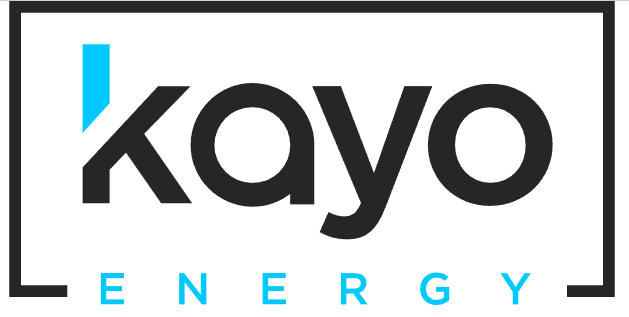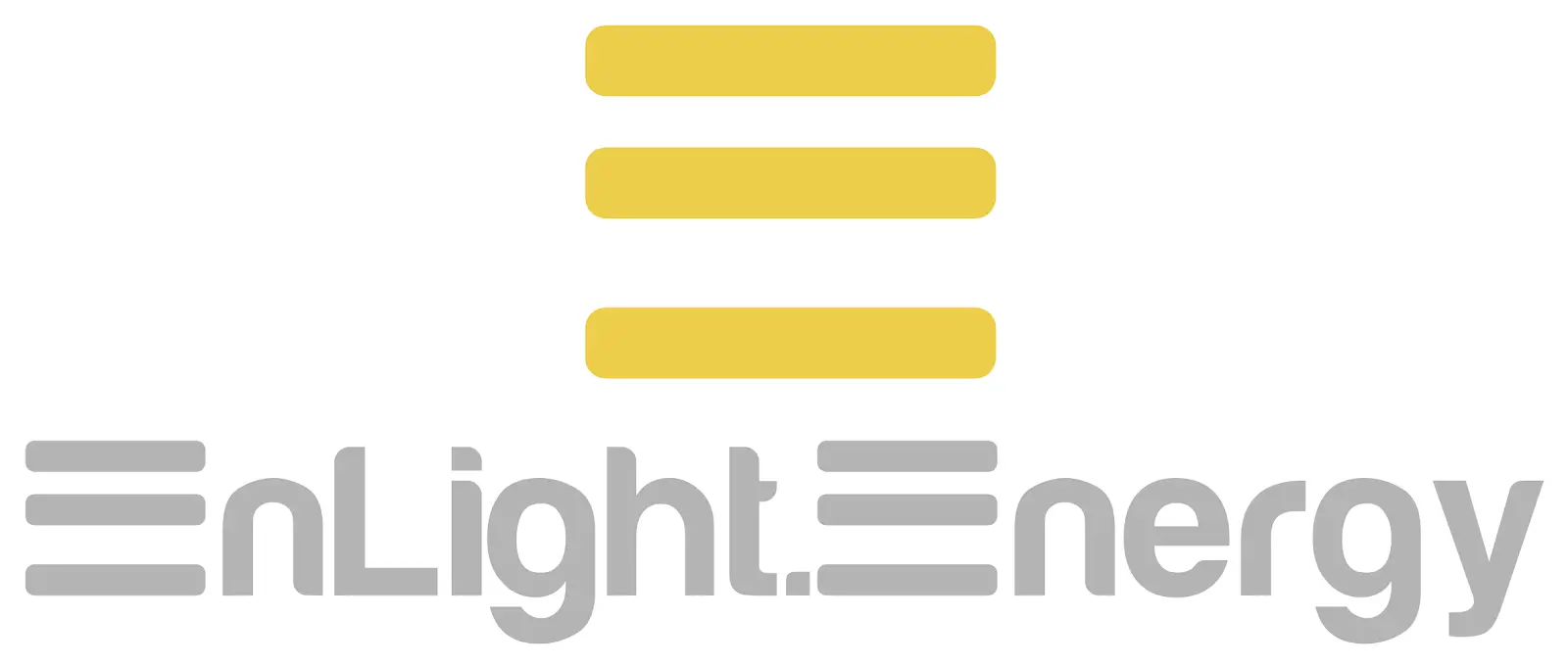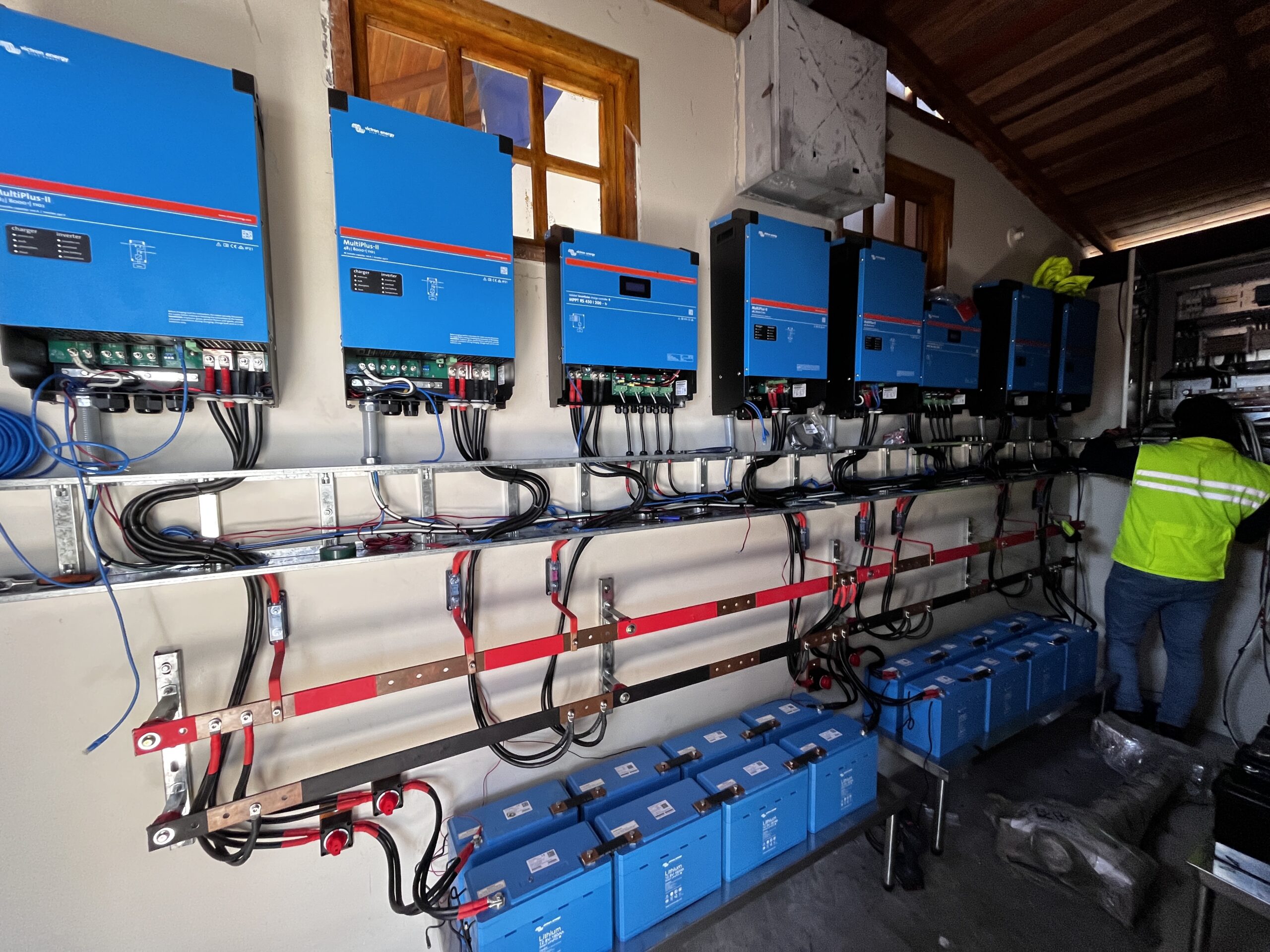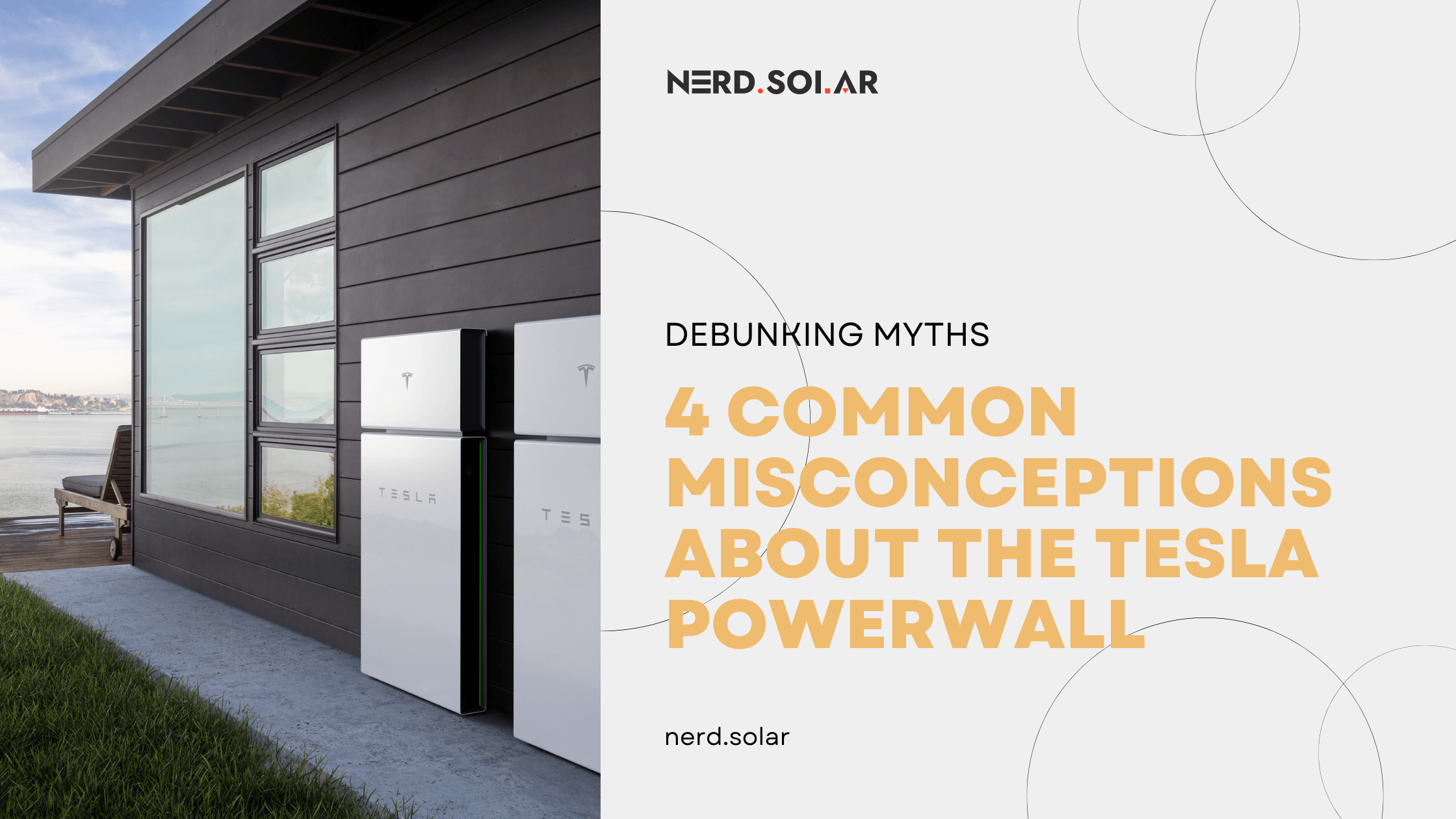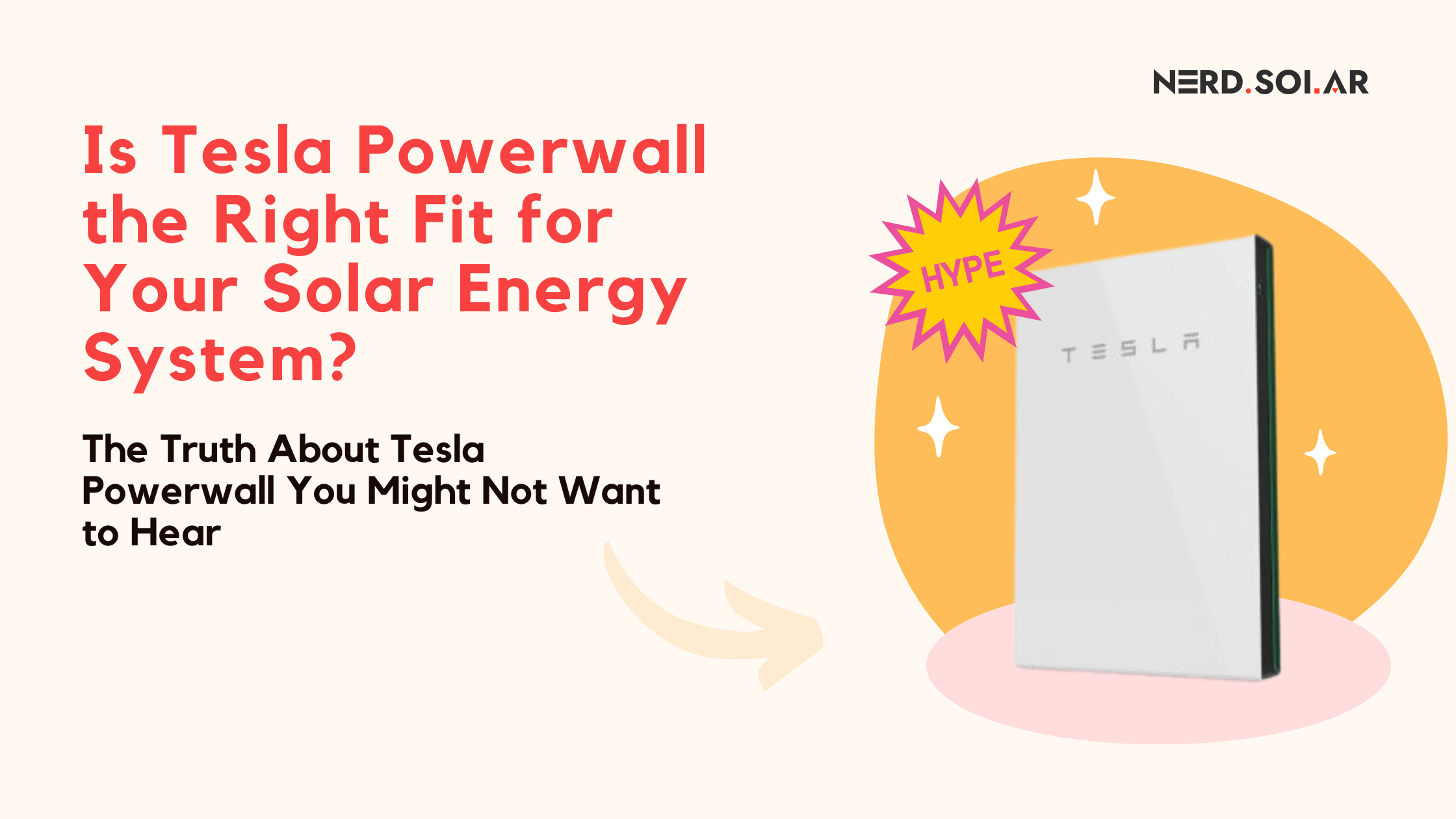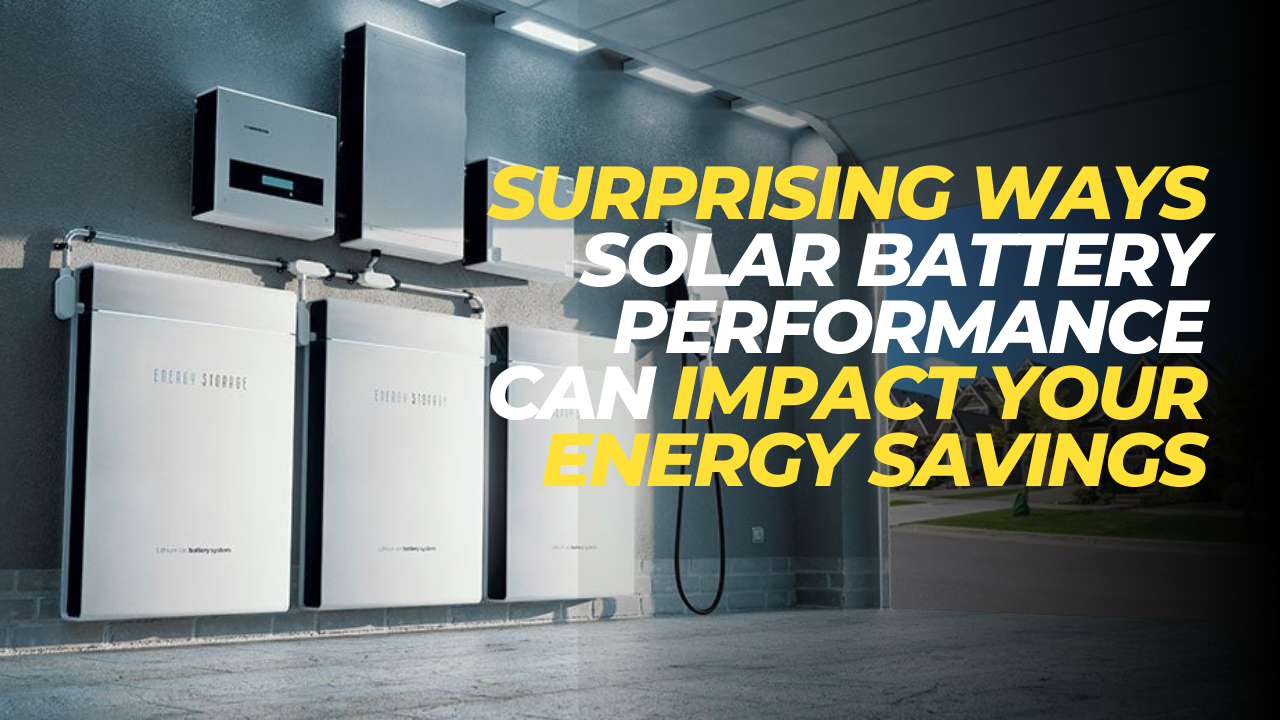How Do We Rate Solar Companies?
TL;DR: We rate solar installers from 1 to 5 stars to help you pick the best one. High stars mean they’re really good at what they do and treat their customers right. Low stars? Not so much. We give credit to companies that have been around for a while, know what they are doing, have a high standard of workmanship and equipment, don’t hire subcontractors to keep the bar of solar installation quality high and have good local reviews from real customers (yes, we check if the reviews are actually real or fake). Companies we choose as top-rated know and can help with federal and local solar incentives to help you save, have good financing plans, and guarantee their work. We’re here to point you to the solar companies that truly rock, making going solar easy and worthwhile for you.
Check our detailed review process here.
Quick Overview
- Is It Worth Going Solar in New Jersey? Yes, it is worth going solar in New Jersey. The state ranks 10th in the country for solar panel installations and solar adoption. Homeowners in New Jersey stand to save more money going solar than most people throughout the country.
- How Much Does Solar Save Homeowners in New Jersey? Most New Jersey residents will find that solar is a worthwhile investment that provides enormous savings over time, around $32,398, on average, after the panels pay for themselves.
- What Is the Average Cost of Going Solar in New Jersey? As of April 2024, the average solar panel cost in New Jersey is $2.93/W. If you install a 5 kW system it will cost you between $12,470 to $16,872, with an average cost of $14,671.
- New Jersey Solar Incentives New Jersey offers various financial incentives, including tax benefits and rebates. These incentives make the switch to solar not only environmentally friendly but also economically appealing to New Jersey residents.
- Net Metering Policies in New Jersey New Jersey mandates all utilities to comply with net metering rules, meaning they must compensate solar owners for excess electricity uploaded to the grid at the one-to-one retail rate.
- Are There Any Community Solar Programs in New Jersey? Yes, the Community Solar Energy Program enables utility customers to participate in a solar energy project that is remotely located from their property.
- How to Pick the Best Solar Installer in New Jersey? The best solar companies in New Jersey are SunPower and Tesla. At the same time, Green Power Energy stands out as a local installer.
- Will Solar Increase Your Home Value in New Jersey? Yes, solar panels can increase the value of a home in New Jersey. Estimates from Zillow suggest a bump of around 4.1% or an average of $20,314.
- What Are the Solar Financing Options Available in New Jersey? Homeowners have a variety of options to finance their systems. Geoscape Solar’s Residential Finance Team specializes in creating custom finance options that best suit their client’s needs.
Is It Worth Going Solar in New Jersey?
Yes, it is worth going solar in New Jersey for several reasons:
Financial Benefits:
- Immediate Reduction in Energy Bills: Switching to solar power can significantly reduce monthly energy bills.
- Tax Credits and Rebates: Homeowners in New Jersey can take advantage of federal tax credits for solar energy systems. Additionally, local rebates may be available, further reducing the initial cost of solar installation.
- The Successor Solar Incentive (SuSi) Program: This program offers long-term financial benefits for generating solar power and predictable incentives, encouraging more homeowners to adopt solar energy.
- Increased Property Value: Homes with solar installations often see an increase in their market value1.
Environmental Impact and Sustainability:
- Reduction of Carbon Footprint: Solar energy is a clean, renewable source that significantly reduces carbon emissions1.
- Supporting Renewable Energy Goals: New Jersey has ambitious renewable energy targets. Solar energy adoption directly supports these goals, helping the state progress towards a more sustainable future.
How much does solar save homeowners in New Jersey?
Solar savings for homeowners in New Jersey can be quite significant due to the state’s favorable solar incentives and high electricity rates. Here are some key points:
Solar Savings:
- The average New Jersey solar shopper can save about $4,401 from the federal tax credit alone.
- Most New Jersey residents will find that solar is a worthwhile investment that provides enormous savings over time, around $32,398, on average, after the panels pay for themselves.
- If you pay for your system with cash, you’ll save about $36,646 over 20 years on electricity costs with a 5 kW system in New Jersey.
Payback Period:
- The average solar panel payback period in New Jersey is 7.77 years.
- Many homeowners will find that their timeline falls between 7 and 13 years.
Comparison with Traditional Electric Bills:
- Traditional electricity bills are ongoing expenses that accumulate month after month. These bills can fluctuate due to changes in energy prices and your consumption habits.
- Over time, the cost of traditional electricity can add up significantly, potentially exceeding the initial installation cost of a solar system.
Bills After Solar Installation:
- If you choose to install a grid-tied solar panel system, you will continue to receive a monthly electric bill from your utility company.
- One of the biggest drivers of your monthly bill amount after going solar is how much electricity your solar panel system generates and whether that generation meets your consumption.
- If your solar panels produce more electricity than you use in a given month, you may see a credit on your electricity bill, depending on your utility company’s net metering policy.
*These are average figures and actual savings can vary based on factors such as the size of the solar system, the amount of sunlight your home receives, and your home’s energy consumption patterns. It’s always a good idea to get a personalized quote from a solar installer to understand the potential savings for your specific situation.
What is the average cost of going solar in New Jersey?
The average cost of going solar in New Jersey can vary based on the size of the solar system and the specific circumstances of the installation. Here are some key points:
- The average cost of solar panels in New Jersey as of April 2024 is $2.93/W including installation.
- For a typical 5 kW installation, this comes out to about $14,671 before incentives.
- Prices can range from $12,470 to $16,872 for a 5 kW system before incentives1.
- After the federal tax credit, the average price drops by 30%.
- The average price per watt is $3.76.
- The average system size is about 6 kilowatts, making the total cost of the average system in New Jersey about $22,560.
These costs include the price of the solar panels, inverter, racking system, and installation. It’s important to note that these are average costs and the actual cost can vary depending on various factors such as the specific equipment used, the installation company, and the specific location of the property.
*Also, these costs do not include any state-specific incentives or rebates that might be available in New Jersey, which could further reduce the cost.
New Jersey Solar Incentives
New Jersey offers various financial incentives for solar energy, making it economically appealing for residents to switch to solar. Here are some key incentives:
Federal Solar Tax Credit:
- The federal residential solar energy credit allows homeowners to claim up to 30% of their solar installation costs on their federal taxes.
- If you install your photovoltaic system before the end of 2032, the federal tax credit is 30% of the cost of your solar panel system.
- This is 30% off the entire cost of the system including equipment, labor, and permitting.
State Incentives:
- Successor Solar Incentive (SuSI) Program: Provides energy credits for every mWh produced by your solar system.
- Solar Energy Sales Tax Exemption: Solar systems are exempt from sales tax on their purchase.
- Property Tax Exemption for Renewable Energy Systems: Homeowners can benefit from increased property value for installing a solar system without paying additional taxes.
- Net Metering: Homeowners can sell excess energy to the grid in exchange for credits on their electric bills.
These incentives make the switch to solar not only environmentally friendly but also economically appealing to New Jersey residents. Please note that these are general guidelines and the actual incentives can vary based on specific circumstances.
Net Metering Policies in New Jersey
Net metering is a billing arrangement that allows homeowners with solar panels to receive credit for the excess electricity they generate and send back to the grid. Here’s how it works in New Jersey:
Net Metering Process:
- When your solar panels produce more electricity than you use, the excess is sent back to the grid.
- Your electric meter spins backward, providing you with credits for the excess energy.
- These credits can be used when your solar panels aren’t producing enough electricity, like at night.
- At the end of an annualized period, if you have excess generation credits, you’ll be compensated at the wholesale electricity rate.
Benefits:
- You can save on your electric bill by sending unused electricity back to the grid.
- It allows you to use the solar energy generated during the day at night when needed most.
- It encourages more homeowners to adopt solar panels and solar options.
Eligibility:
- All electric utility companies regulated by the NJBPU (PSE&G, JCP&L, Atlantic City Electric, and Rockland Electric) and electric suppliers or providers must offer net metering to retail customers that generate electricity through renewable systems.
- To connect your solar energy system to the grid and benefit from net metering, its annual production cannot exceed 100% of your annual electricity usage2.
Please note that these are general guidelines and the actual benefits can vary based on specific circumstances. It’s always a good idea to consult with a solar installer or a utility company to understand the potential benefits for your specific situation.
Are There Any Community Solar Programs in New Jersey?
Yes, there are community solar programs available in New Jersey. Here’s an overview:
Community Solar Energy Program (CSEP):
- The New Jersey Board of Public Utilities (NJBPU) has established a new permanent Community Solar Energy Program (CSEP) to enable the continued efficient and orderly development of solar electric generating sources throughout New Jersey.
- The CSEP is open to eligible solar facilities installed on rooftops, carports, and canopies, floating solar, and contaminated sites and landfills.
- The CSEP Registration Portal opens to new registrations on December 12, 2023.
How Community Solar Works:
- The Community Solar Energy Program enables utility customers to participate in a solar energy project that is remotely located from their property.
- When your solar panels produce more electricity than you use, the excess is sent back to the grid.
- Your electric meter spins backward, providing you with credits for the excess energy.
- These credits can be used when your solar panels aren’t producing enough electricity, like at night.
- At the end of an annualized period, if you have excess generation credits, you’ll be compensated at the wholesale electricity rate.
New Jersey renters and homeowners can receive between 15% and 20% in savings each month on their electric bills, by tapping into solar power even if they can’t put panels on their homes.
How to Take Advantage of Community Solar Programs:
- The Board has launched the Community Solar Project Finder to connect interested customers with community solar projects that serve their area.
- Residents can search by ZIP code to view projects that are currently seeking subscribers.
- A list of community solar subscriber organizations currently registered with the Board is available.
Please note that these are general guidelines and the actual benefits can vary based on specific circumstances. It’s always a good idea to consult with a solar installer or a utility company to understand the potential benefits for your specific situation.

